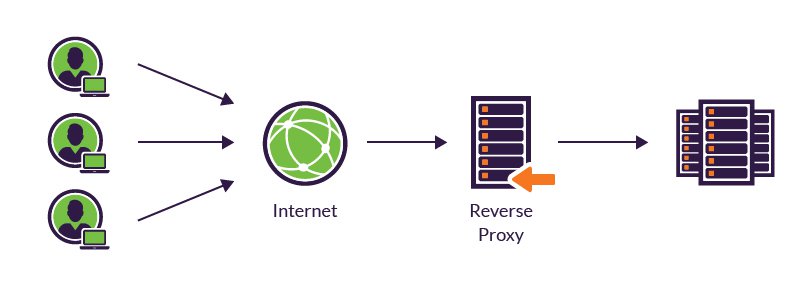What are the Proxies Based on the Place of the IP Address?

A proxy’s main goal is to conceal your IP address by changing it with a new one. There are two primary proxy kinds based on how they get this IP, as well as where it is located:
- Residential proxies
These proxies utilise IP addresses supplied directly by Internet Service Providers or ISPs, as well as are as a result linked to real homes and tools in different cities, as well as countries. This makes the proxy virtually equivalent to a routine customer, making it harder for internet sites to recognize a proxy as well as obstruct them. Residential proxies are utilized for IP address turning, which can be handy when web scraping. But given that these IPs need to be purchased or leased from ISPs, they are naturally more expensive to run.
There are additionally various other specific kinds of household proxies fixed, as well as mobile proxies, which are normally extra costly. While static proxies are attached to a solitary IP house address, mobile proxies utilize tools linked to a mobile network link, e.g., 3G/4G/5G. Although both can be utilized to alter the geographical area, mobile proxies seem more authentic, making them harder for anti-bot systems to identify. Contrarily, fixed proxies can be utilized in scenarios where a user requires the same IPs for recurring sessions. This can be beneficial when dealing with social media, as well as other networks that call for the individual to visit.
If you are considering to Buy Shared Proxy, please follow the link.
- Datacentre proxies
These kinds of proxies are not supplied by ISPs, but rather by third parties such as web hosting solutions as well as are held in data facilities worldwide. While they are faster and less expensive, they are easier to get blacklisted if the user is doing traffic-intensive tasks, since, contrasted to domestic proxies, the IP does not come from an actual residence.
Proxies based on instructions of website traffic flow
Like any type of other traffic, proxies can likewise be outbound or inbound based on if they’re established on the client or the server side:
- Inbound proxies
Inbound proxies are a basic kind of proxy, where a client establishes a different IP address to get to blocked sites or simply to hide and mask their identity. This can also be set up on a whole network of users, approving or denying their requests for sites, as well as caching them for faster access.
- Reverse proxy
While forward proxies protect customers, reverse proxies do the same for web servers. So, whenever a client makes a demand, it does not go directly to the server; however, to the proxy, which behaves on its behalf. Although the proxy server is great for caching and security, another advantage is load balancing. Therefore, if a proxy takes care of several servers with the same objective, it tries to guide the website traffic equally, preventing hold-ups and lags.
- Proxies based on solution
Commonly, unique IP addresses supplied by proxies are not used entirely by one user but by many. This can affect the web speed, as well as safe, if one customer obtains obstructed by an internet site=all customers get blocked. For that reason, we can split proxies based on the variety of people that share an IP.
- Public proxy
These proxies can usually be discovered online in different proxy lists, as well as utilized by anybody with a useful net connection. They are generally complimentary, yet since their moderators are often confidential, safety can be a problem, and not understanding who has access to the individual’s surfing information. Because so many people utilize them concurrently, they can be quite unpredictable, as well as obstructed by sites. This website traffic overload can also impact broadband speed.
- Shared proxy
Unlike public proxies, these come at an expense yet are still on the less expensive side. They are shared by a group of individuals that spend for a specific proxy solution, which has a collection of attributes like customer support in case something fails. They are additionally more dependable, as well as protected considering that the user and the business have to accept regards to solution. Yet a shared proxy can likewise have speed concerns if more of its customers are doing traffic-intensive jobs.
- Dedicated proxy
A committed, or a dedicated proxy, is a proxy used entirely by one certain customer. In this manner, there is no delay, lag, or traffic overload. This is the costliest type, which can be over five times the price of a common proxy web server.
To recognize to Buy Europe Proxy, please follow the link.







